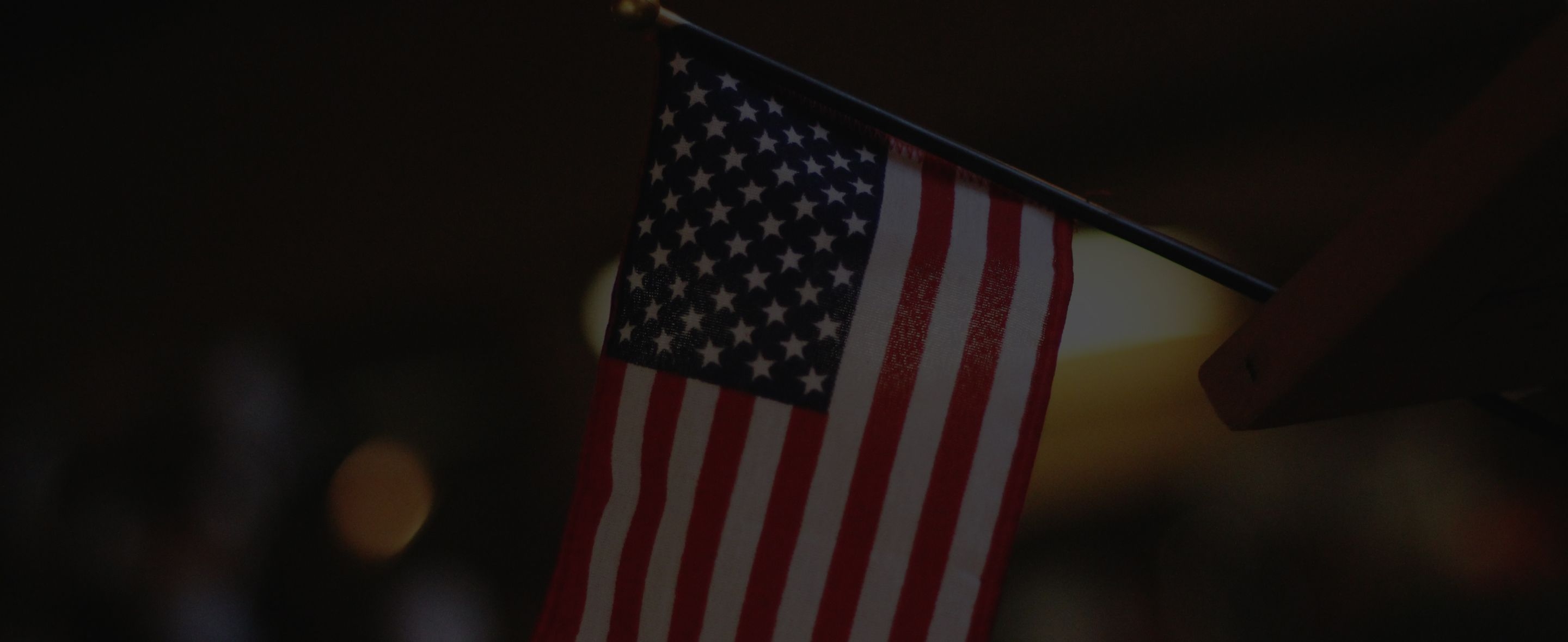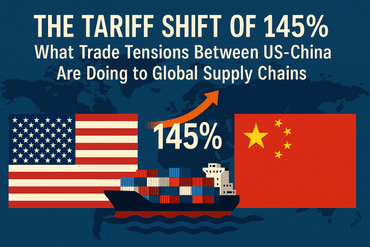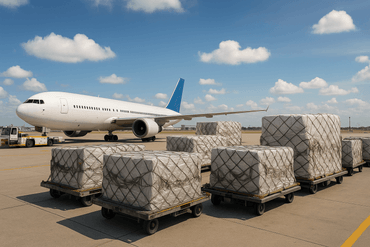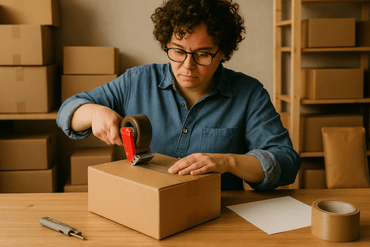
Shipping To Colombia From USA: 5 Things to Know



Located on the southwestern tip of South America, Colombia is well known country for its beautiful ports, old towns and beaches. In Bogota, the capital of the country there is the Museo del Oro, Cartagena has the Islas del Rosario and Medellin has the flower festival. There’s never a dull moment in the country and the ports are a major component of the economic action supplementing the revenue the government collects from these tourist attractions.
Five things to know when shipping to Colombia from USA
1. The countries have a trade agreement
The United States-Colombia trade promotion agreement also known as CTPA or the Colombia Free Trade Agreement facilitates easy movement of goods between the US and Colombia. It eliminates tariffs and other fees that become barriers to trade of goods and services. The remaining tariffs will be eliminated after 2020.
Most items from the United States already enter Colombian territory duty free. This agreement is signed to continue until 2028 and has been in effect since 2012.
2. Certificate of origin
For any exemptions to take place the certificate of origin must be produced by the exporter. The certificate of origin attests to the origin of the items entering Colombia guaranteeing that they are from the partner CTPA country or have been assembled, manufactured or produced there. This certificate must accompany the goods and be properly filled out to ensure the goods receive the preferential tariff exemption.
If the certificate of origin is presented with the shipment but one cannot substantiate the origin of the goods, the freight forwarder is obligated to notify all the recipients of the certification and the country of export. This makes it very clear up and down the channel why the goods were not exempted from custom duty. After all, the certificate of origin is meant to establish the origin of the goods through certain proofs but if it can’t the goods will either be subjected to duty in order to pass through, or turned back to the exporting country.
The certificate of origin is usually issued by the exporting country’s government authority that expressly certifies that the goods’ origin is according to the applicable rules of origin. It is not to be confused with the self-issued certificate of origin which the manufacturer, producer or exporter personally certifies that the goods accompanying the certificate adhere to the applicable rules of origin. Or the declaration of origin which is simply a declaration by the exporter, manufacturer, or producer on the commercial invoice about the origin of the goods.
3. Fill in the COO correctly
Filling in the COO incorrectly is the leading reason why goods may not get the preferential tariff the exemption when they reach the Colombian customs. There are three areas to look out for which the Colombian authorities also focus on.
The indication of origin section: this section needs the name of the country of origin for the goods. Alternatively it can have the corresponding code of the country of origin to the code on the customs declaration or any other documents attached to the goods.
Origin criteria: this part requires proof of the conditions required regarding the production of the goods. These conditions must be met for the goods to qualify for the exemption on duty and customs.
Consignment criteria: these are the requirements the goods have to meet to qualify for the exemption from tariffs. The requirements include proof that the goods haven’t been manipulated since leaving the country of origin, or proof of direct transportation from the export to the import country if there is not intermediate country involved.
Getting this areas right as well as the rest of the form makes it easy for one to go through the Colombian customs without holding back shipments.
4. Documents
Shipping from Colombia from the US needs these specific documents:
- A certificate of origin
- Bill of lading
- A pro-forma invoice
US exporters must understand that for the shipment to clear customs the importer must buy and fill out an import registration form and file it with the ministry of commerce, Industry and Tourism. For goods of over $1,000 customs brokers must be the ones to handle the clearance of the shipment. And food and agricultural produce require special licenses.
5. Prohibited items
Because Colombia depends on agriculture heavily, they are very careful about grain samples entering the country. They’re also very particular to prohibit medicine and personal care products coming in from Venezuela. They also prohibit:
- Animal samples and parts like skins
- Alcoholic beverages
- Bio products
- Hazardous materials
- Plant samples
- Seeds
- Soil samples
- Used clothing
- Machine parts
- Perfume
- Drugs both prescription and non prescription
- Used clothing
- Food stuff
- Bearer documents
- Ice
Colombia is currently bouncing back from a decades of drug lords using the country’s resources to devastate the local economy and population. After the trade agreement with the US the country has undergone a shift that looks very promising for the future.
Related Articles


